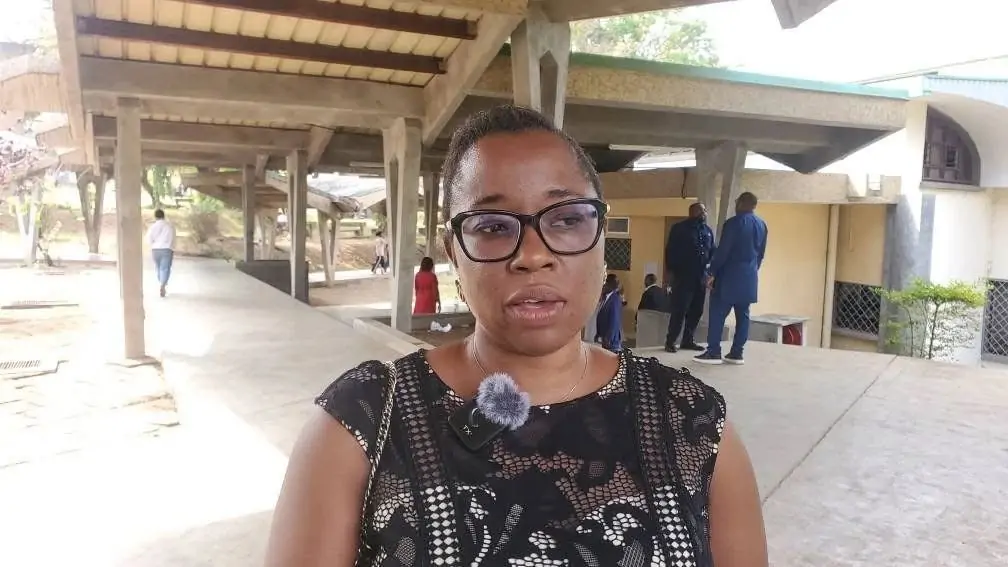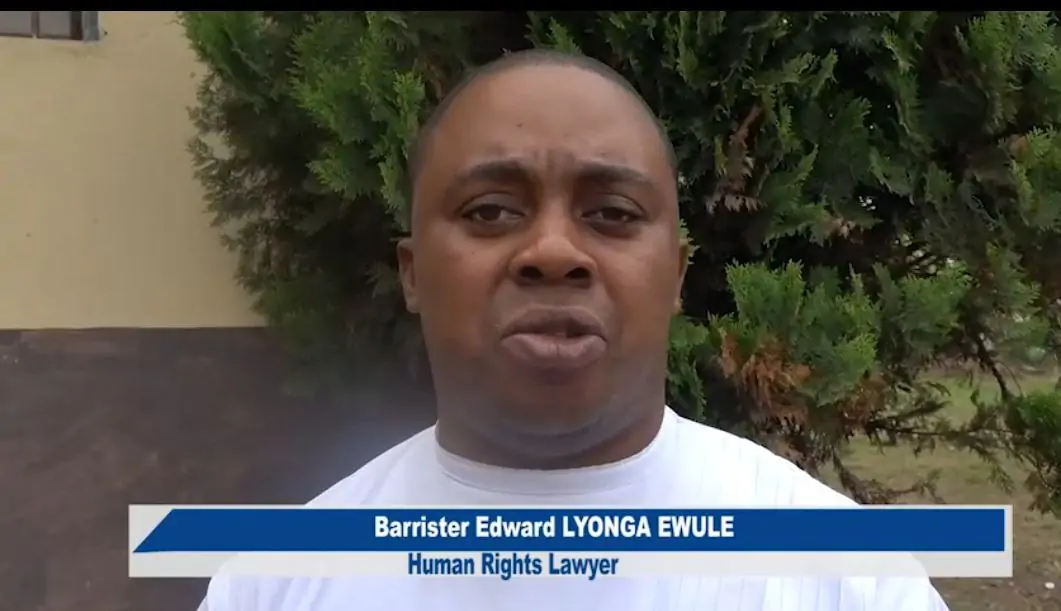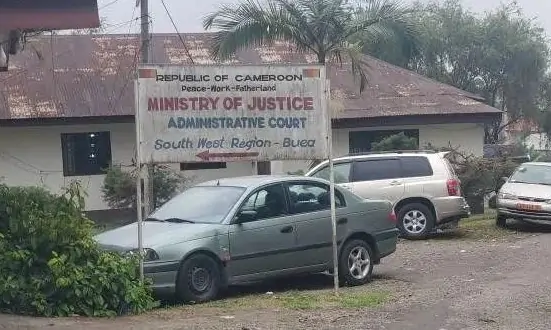Courtrooms across the country remain largely deserted as lawyers in Cameroon continue their three-day nationwide strike in protest against the brutality inflicted by security forces.
The sit-in, which began on Wednesday, March 5, 2025, was declared by Bar Council President, Batonnier Mbah Eric Mbah, in a communique issued on Tuesday, March 4.
The strike, observed in major cities including Douala, Bamenda, Yaoundé, Buea, Limbe, Kumba, Bafoussam and Nkongsamba, has seen overwhelming participation.
While judges and state prosecutors are proceeding with cases, the absence of legal practitioners has significantly disrupted court activities.
Fako Lawyers President Says State Must Do Better
The President of the Fako Lawyers Association (FAKLA), Barrister Nouvelliza Eta-Besong Njiminoh, decried the growing wave of violence against lawyers and called for urgent government intervention.
“The State of Cameroon can and must do better. We cannot continue witnessing such violence orchestrated by men in uniform,” she stated firmly.

The FAKLA President emphasized that the legal community has run out of patience after multiple incidents of brutality against lawyers, some of whom have been assaulted while performing their duties.
“Lawyers in this part of the country welcome this sit-at-home strike while waiting for concrete measures to be taken by the government to address this matter,” she added.
She cited specific instances of such brutality, including the manhandling of legal practitioners by security forces, noting that the silence of the authorities has only fueled more discontent.
“A Resounding Decision” – Barrister Ewule Lyonga
Barrister Edward Lyonga Ewule, a human rights lawyer based in Buea, described the strike as one of the most widely respected collective actions by the legal profession in recent years.
“The decision was very timely. All lawyers in Cameroon were waiting for this, and it came like a bombshell yesterday evening,” he said.
After personally visiting the Court of First Instance in Buea to assess the situation, he confirmed that lawyers were absent while court sessions continued.

“The courts are in session, judges and state prosecutors are present, litigants are there, but no lawyer is in court. Whether in Buea, Limbe, Tiko, Douala, Bamenda, Nkongsamba, or Yaoundé, lawyers are staying away. This decision has been highly respected nationwide.”
Mounting Concerns Over Police Brutality
The strike follows growing concerns over police brutality, particularly the recent cases of Barrister Tamfu Richard and Barrister Gawu Gilbert, who were allegedly assaulted by security forces.
“Police brutality is becoming unbearable in Cameroon. As a human rights lawyer, I have continuously decried the excessive use of force against civilians and legal practitioners. Cameroon is a signatory to the Convention Against Torture and Inhuman Treatment, yet we continue to witness violations,” Barrister Ewule lamented.
Barrister Eta-Besong, for her part, underscored that the government must act decisively to protect lawyers and uphold the integrity of the justice system.
“This is not just about lawyers. If legal professionals, who are meant to defend the law, are being brutalized, what then happens to the ordinary citizen?” she asked.
With Cameroon heading into a Presidential election, many fear that unresolved tensions between legal professionals and security forces could further destabilize the country.
The 2016 lawyers’ strike in the North West and South West regions played a crucial role in the ongoing Anglophone Crisis, and there are concerns that history could repeat itself.
“The 2016 scenario is still fresh in our minds. We do not want a repeat of that situation. The government must take this strike seriously and work toward lasting solutions,” Barrister Ewule warned.



